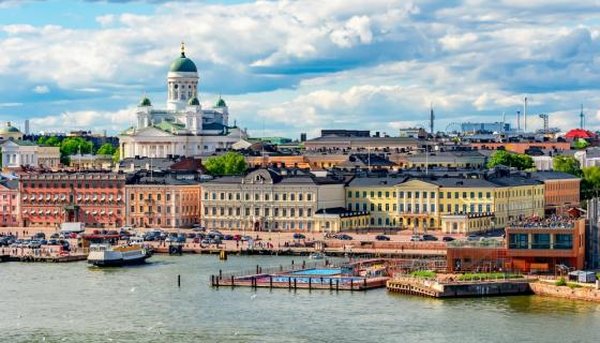
This conversation, which was revealed a month ago in the newspaper Israel Hayom (Israel Today), has since attracted several follow-ups. Some focused on the characteristics of Israel that led to the decision, whilst others have discussed the political gains made by Netanyahu. At the same time, the Estonian Broadcasting Company chose to compare the current vaccination rates of the two countries, inevitably raising questions as to what if Estonia was chosen. Despite this, one angle has yet to be discussed: the similarities between the countries. It seems that it took an international medical company to finally point out the fact that the countries are very much alike. It could be argued that Estonia and Israel are almost like ‘sister-states’ or ‘lost sisters’, yet to find each other.
Similar, but far-away
“We are both young states with remarkable internal social dynamism, a strong orientation to innovation” and “a geopolitically charged geographical location”, says Sulev Kannike, Estonia’s ambassador to Israel. Indeed, in almost every respect – economics, defence, governmental features – the countries appear to mirror each other. Both countries’ high-tech industries easily compete with those of far bigger states. Their innovation rates also reach far beyond their relative size. It is not for nothing that one is known as the ‘start-up-nation’ and the other as ‘e-Estonia’. Both also share a constant fear of their intimidating neighbours and top performances in cybersecurity matters. Even when it comes the diversity of their populations (the Estonia-Pfizer dealbreaker), the similarities are clear. Both Israel’s Arab and Estonia’s Russian residents account for around a quarter of each country’s respective populations. By almost any measure, the countries’ resemblances are striking. Every field calls for cooperation almost intuitively. So how come both countries seem to know little about each other, let alone have a significant, special relationship?
Advertisement / Reklaam
Advertisement / Reklaam
https://neweasterneurope.eu/20...


